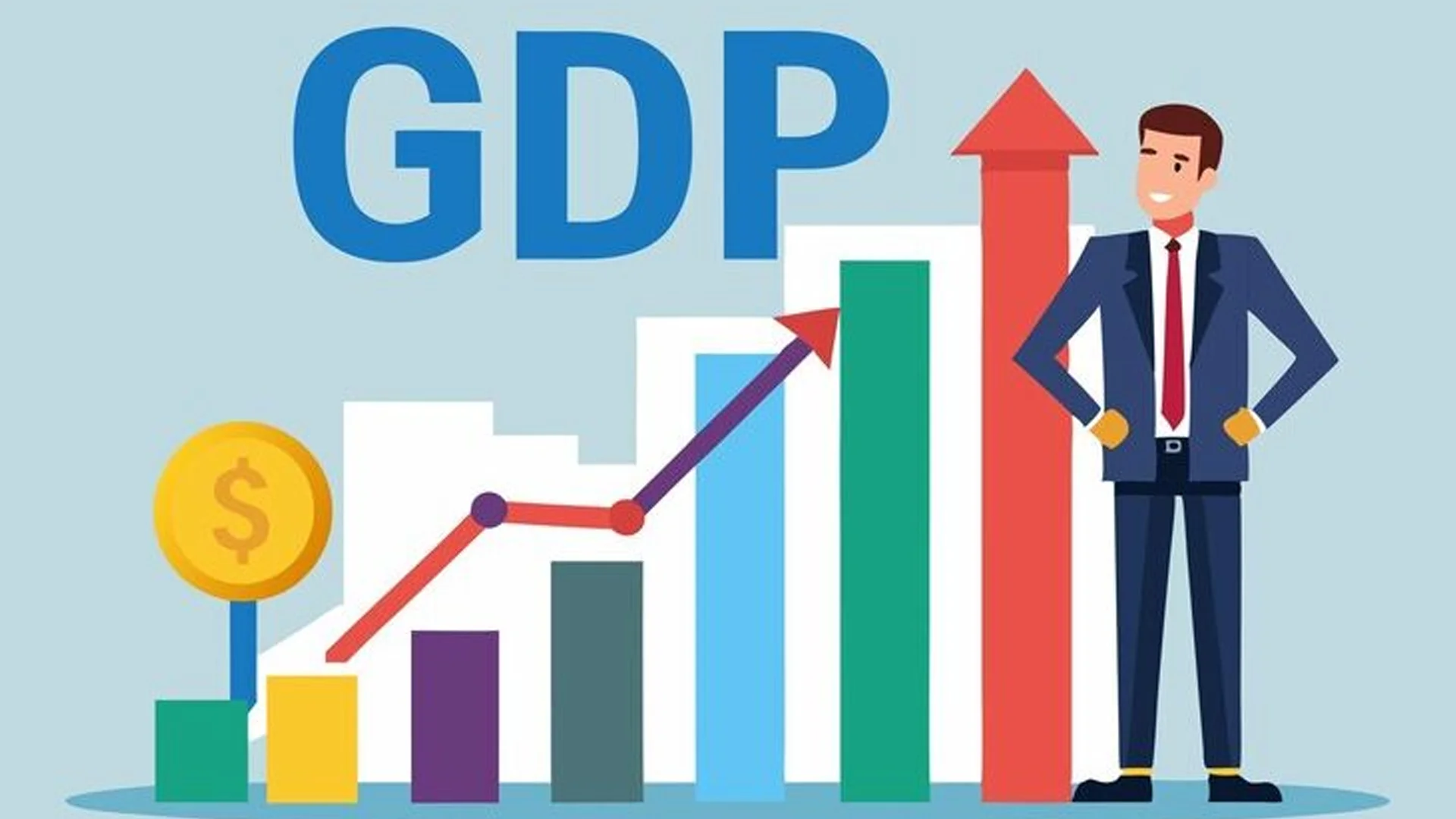The phrase “GDP Deleted Scene – E355” surfaced in discussions around missing content from the GDP franchise (commonly referencing Ginny & Georgia: Drama and Perfection)—but it soon took on a symbolic meaning tied to the concept of Gross Domestic Product (GDP) and broader narratives that get edited out of mainstream storytelling.
In Entertainment: The Missing Snippet
In the world of Ginny & Georgia, avid fans discovered whispers of a deleted scene from Episode 355—an emotionally charged moment between Ginny, Georgia, or Marcus—that never made the final cut. Though Netflix hasn’t officially confirmed its existence, leaked scripts and fan archives fueled the buz.
This scene reportedly adds emotional depth: a confrontation, a parental revelation, or a foreshadow of future episodes. Viewers speculate its removal may have been aimed at improving pacing, avoiding spoilers, or streamlining character arcs .
In Economics: The Metaphor for Hidden Truths
On economic blogs and think-pieces, “GDP Deleted Scene – E355” has evolved into a metaphor for the invisible elements of macroeconomic storytelling—data and narratives missing from traditional GDP measurements .
-
It symbolizes unaccounted economic activities—shadow markets, household labor, environmental costs.
-
The “scene” that’s cut from official GDP reporting mirrors the limits of quantitative metrics in capturing societal welfare.
Why Was the Scene Deleted?
In Storytelling Context
Editors commonly cut scenes for several reasons:
-
Pacing and plot tightening: To maintain episode momentum, even compelling scenes may be removed.
-
Spoiler control: If a scene reveals too much too early, it may be held back for narrative surprise.
-
Character or tonal adjustments: E355 may have conflicted with the creative direction at final cut.
In Economic Discourse
Likewise, GDP metrics omit significant “deleted scenes”:
-
Informal economies and household labor: Often invisible in formal GDP figures.
-
Environmental degradation: Not reflected in production-focused models.
-
Income inequality and well-being metrics: GDP doesn’t capture distribution effects or subjective welfare.
What Do Fans and Analysts Say?
Fans of GDP Franchise
Once whispers of E355 emerged, reactions ranged from intrigue to outrage:
-
Emotional Depth: Fans argued it explained pivotal character developments or upcoming plotlines.
-
Social Media Campaigns: Threads on Reddit, Tumblr, and X pushed for Netflix to release an extended or director’s cut.
-
Skepticism: Some dismissed it as fan fiction or rumor without official validation.
Economists and Cultural Critics
Economy-focused writers adopted the metaphor to explore GDP blind spots:
-
Shadow Economy: Scenes like E355 highlight informal sectors that the GDP “script” omits.
-
Environmental and Social Layers: Critics suggest a “deleted shot” reflecting pollution costs or unequal growth should be restored .
-
Alternative Metrics Push: The metaphor emphasizes the need for HDI, GPI, or well-being indices alongside GDP.
Dissecting the Scene: What Might E355 Contain?
While we lack full transcripts, common elements in fan reconstructions include:
-
Tense Parent-Child Confrontations
A candid, emotional exchange between Ginny and Georgia—one that recasts the mother-daughter dynamic -
Foreshadowing Plot Twists
Subtle hints dropped that later pay off in future episodes—possibly too revealing to include originally. -
Character Motivation Reveals
Moments that deepen Marcus’s or Georgia’s roles, adding psychological nuance cut for clarity. -
Visual Symbolism
Imagery tied to earlier motifs—echoing deeper thematic arcs shelved from broadcasts.
Broader Significance: Deleted Scenes & Hidden Narratives
In Media
-
Deleted scenes often offer emotional clarity and context.
-
E355, like many bonus features, can surreptitiously redefine tone and perception.
-
They highlight the creative constraints within commercial TV production.
In Economics
-
E355 becomes shorthand for elements GDP doesn’t capture—like well-being, social capital, and ecological impact.
-
Encourages deeper conversation about policy beyond raw growth
Can We See E355?
Entertainment:
-
Unofficial Clips: Rumored to exist in fan forums or leaked scripts—no verified uploads.
-
DVD/Director’s Cut: Fans hope for inclusion in physical or streaming extras—but no release yet.
-
Creator Disclosure: Social accounts of cast or crew might drop insights or screenshots.
Economics:
-
Policy Papers: Some governments and institutions now try to “restore” hidden components to GDP with satellite accounts or supplementary indices.
-
Academic Research: Economists quantify shadow GDP, environmental depreciation, or inequality gaps—revealing those narrative “cuts.”
Why the E355 Metaphor Matters
-
Encourages Critical Awareness
Both in storytelling and metrics, critical evaluation challenges “accepted versions.” -
Promotes Holistic Understanding
Just as deleted scenes add depth to narrative, including unseen economic factors creates a richer societal picture. -
Drives Demand for Transparency
Fans want behind-the-scenes cuts; citizens want full, honest economic measures beyond GDP. -
Stimulates Ongoing Dialogue
Whether it’s fans demanding extended cuts or policy debates on GDP supplements, the discussion is active and evolving
Conclusion
The “GDP Deleted Scene – E355” is more than a missing clip. It’s a metaphor—spotlighting the narratives we remove, the truths we sideline, and the deeper stories beneath polished facades.
-
On screen, E355 reminds us that editing shapes perception.
-
In economics, it exemplifies how incomplete data can mislead.
As we seek richer narratives—whether in film or fiscal reports—we should ask: What’s missing from the final cut? That question holds power to reveal nuance, deepen understanding, and drive demand for deeper truth.
FAQs
1. Does the GDP Deleted Scene – E355 actually exist in the show?
There’s no official confirmation. Fan speculation and leaked scripts suggest it does, but no verified clips have surfaced .
2. Why is E355 described as “the deleted scene”?
Fans use “E355” shorthand to reference a hypothesized deleted moment in Episode 355, believed to deepen emotional or narrative context .
3. What does E355 mean in economics?
It’s a metaphor for the hidden aspects GDP ignores—such as informal labor, environmental costs, and income disparities .
4. Has any official economic body begun including “deleted scenes” in GDP?
Yes. Economists now track satellite accounts (e.g., household labor, environmental degradation) to supplement GDP measurements .
5. Why should I care about this deleted scene?
Whether you’re a fan or a citizen, E355 symbolizes the importance of seeking truth behind the polished cut—revealing complexity often masked by simplicity.


